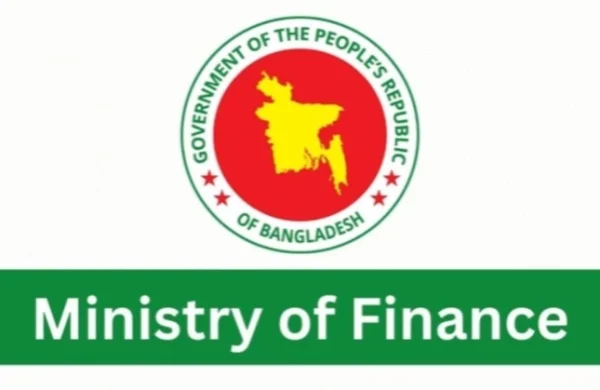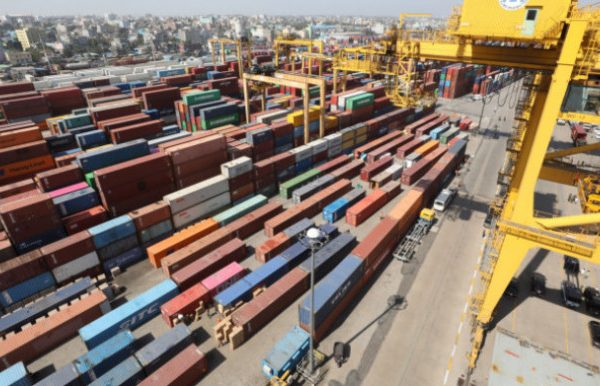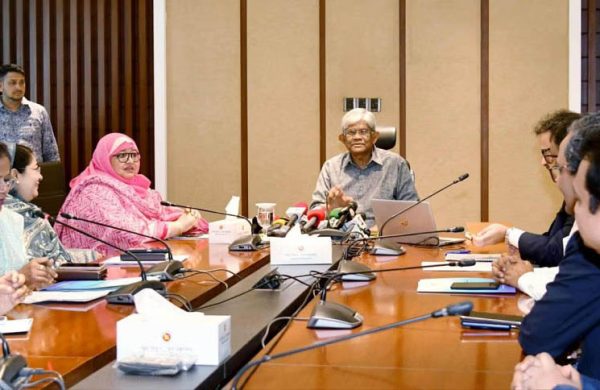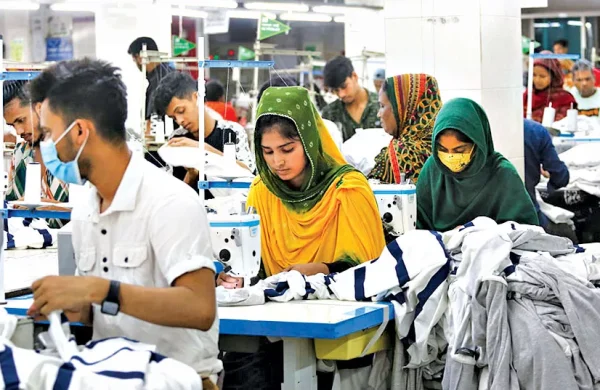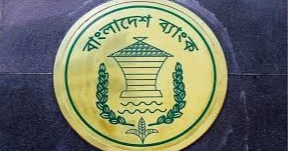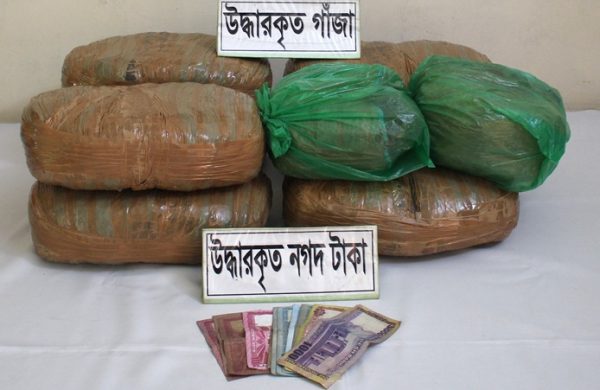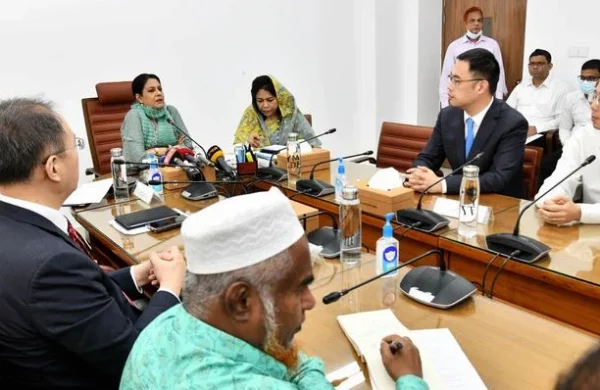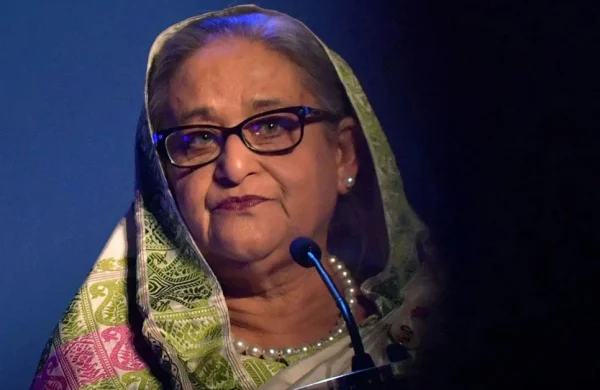Why govt shifts lane from project loans to budget support
- Update Time : Thursday, January 16, 2025

TDS Desk:
A similar story unfolds with the Tk10,690 crore Karnaphuli Tunnel in Chattogram, another flagship project of the previous government. On paper, it promised to boost connectivity. So far, the tunnel earns only 30% of its daily operating costs, racking up a loss of Tk26.50 lakh per day and nearly Tk100 crore annually. Most of the project was funded through Chinese loans, adding to the nation’s debt burden.
Across the country, numerous such projects – some of them mega sized – launched by the previous government remain underutilised or only partially operational, despite billions of taka poured into them. Experts argue that many of these initiatives were driven by assumptions and political ambition rather than thorough assessments of their economic viability or societal impact.
In response, the interim government formed after the ouster of Hasina on 5 August last year, has shifted focus towards budget support from development partners instead of project loans – a shift from the previous government’s strategy of taking wholesale loans for mega projects without fully assessing their benefits or considering the mounting debt burden, according to officials from the Economic Relations Division (ERD).
Experts have talked about the advantages of this move, saying budget support offers greater flexibility to address urgent funding needs during economic downturns. Unlike project loans tied to specific infrastructure initiatives, budget support provides direct funding to the national treasury enabling immediate allocation to critical sectors such as health, education, and social safety nets.
According to ERD officials, multilateral and bilateral development partners have pledged a record $3.5 billion in budget support for the current fiscal year. However, the actual amount secured will depend on the evolving economic situation and government priorities, they said. ERD data shows that budget support has steadily increased in recent years, with nearly $1.77 billion received in FY23, $2.6 billion in FY22, $1.09 billion in FY21, and $1 billion in FY20.
ECONOMISTS BACK CAUTIOUS STRATEGY
Two leading economists have endorsed the interim government’s cautious approach to foreign loans for development projects. They said this shift underscores the government’s commitment to fiscal discipline and sustainable development, steering clear of debt-laden projects while prioritising essential sectors and economic stability.
Professor Mustafizur Rahman, distinguished fellow at the Centre for Policy Dialogue (CPD), stressed the need for restraint. “Several foreign loan-backed projects undertaken during the previous government’s tenure have resulted in over-capitalisation. This has added to our debt repayment burden,” he said.
While Mustafizur acknowledged that some projects remain essential for public welfare and private sector growth, he advised a measured approach: “Even for critical projects, we must proceed cautiously. Upcoming budget support measures could also positively impact our reserves.”
Dr Zahid Hussain, former lead economist at the World Bank’s Dhaka office, echoed these concerns. He cautioned against poorly conceived projects funded by foreign loans, warning of significant risks. “Unnecessary projects, like the Karnaphuli Tunnel, often turn into white elephants with limited economic benefits. We need to avoid such missteps.”
He also pointed to the Tk534 crore railway station near the Rooppur Nuclear Power Plant, where no trains have operated since its completion two years ago. “Have we managed to create any employment opportunities or boost private investment with this project? Such projects are white elephants,” he said.
Dr Zahid said, “In the past, we used to accept any loan offered without proper scrutiny. The current interim government’s strategy is to first prepare well-structured projects and then secure financing” – an approach he terms prudent.
WHAT ERD SAYS
ERD officials said loan agreements for select priority projects that promote private investment and generate employment might be finalised after careful scrutiny within this fiscal year.
ERD sources say the government has not signed any significant large-scale project agreements up to December of the current fiscal year. Only one major loan agreement, worth $400 million, has been signed with the World Bank for the “Resilient Urban and Territorial Development” project.
However, during this period, the government has signed budget support agreements totalling $1.1 billion with the World Bank and the Asian Development Bank (ADB).
ERD officials note that it has sent letters to various ministries and divisions requesting priority lists of projects. These priorities will be reviewed by the ERD and then forwarded to the Planning Commission for further evaluation. As a result, the loan processing for many development projects has slowed down.
Experts argue that while some projects are crucial for investment and public welfare, they must be approached with caution. Additionally, upcoming budget support measures could have a positive impact on the country’s reserves.
In FY24, the government secured around $10.2 billion from development partners, including $2.03 billion in budget support. Meanwhile, the ERD’s Borrowing Programme for November 2024 includes 44 development projects of varying scales with loan proposals amounting to $5.3 billion.
WB PLEDGES $3 BILLION
According to ERD officials, the WB pledged over $3 billion in loans for development projects and budget support during the WB-IMF annual meetings held 21-26 October last year. The government aims to secure between $1.8 billion and $2 billion of this commitment.
Budget support will be a key focus in securing these loans, ERD officials said. As part of the pledges, a $500 million loan agreement was signed on 22 December under the Second Bangladesh Green and Climate Resilient Program as budget support.
The WB has also committed $500 million in budget support under the Resilience and Recovery Development Policy Credit-II programme this fiscal year. Discussions are ongoing for an additional $500 million in budget support under the Strengthening Governance and Institutional Resilience programme.
ERD sources also said the WB has agreed to reallocate $723 million from slow-moving or less critical projects to budget support.
In addition to budget support, it will provide $350 million this fiscal year under the Energy Liquidity Guarantee Facility. Initially, the government requested $1 billion under this facility, with the remaining amount to be disbursed over the next two fiscal years.
Further commitments include $500 million for the Flood Recovery and Reconstruction project and up to $1.3 billion for various development projects. Among these, a $400 million loan agreement has already been signed for the Resilient Urban and Territorial Development Project.
The WB will also contribute approximately $400 million to the 5th Health, Population, and Nutrition Sector Program, of which $379 million is a loan and $25 million a grant. Also, a $250 million loan agreement is expected to address flood damage this fiscal year.
$1.5 BILLION BUDGET SUPPORT TARGET FROM ADB
With three budget support agreements, 12 projects are in the pipeline for agreements with the Asian Development Bank (ADB) this fiscal year, totalling $2.82 billion in loan proposals.
So far, Bangladesh has signed a $600 million loan agreement with the ADB under the Strengthening Economic Management and Governance Programme for budget support.
ERD officials said the target is to secure at least $1.5 billion in budget support from the ADB this fiscal year.
In addition to this budget support, a $500 million loan agreement for Banking Sector Reforms is expected to be signed in May. Furthermore, under the Climate Responsive Inclusive Development Programme-Subprogram 2, the ADB may sign a $400 million budget support agreement.
Additionally, discussions are underway for a $400 million loan under the Economic Transformation for Least Developed Country Graduation programme for budget support.
$1.6 BILLION LOAN EXPECTED FROM JAPAN
According to ERD sources, to address the current economic situation, the government has requested $1 billion in budget support from Japan for this fiscal year. Japan has assured $300 million under the Budget Support Loan for Economic Growth programme.
With this budget support, the total loan expected from Japan this fiscal year is projected to be $1.6 billion.
Other significant projects on the loan agreement list with Japan include the Jamuna Railway Bridge Construction Project (third instalment of $259.78 million), the Food Safety Testing Capacity Development Project ($178 million loan), and the Construction of Dual Gauge Joydebpur-Ishwardi Double Line Project ($630 million loan).
GOVT AIMS TO GET $1.24 BILLION FROM ASIAN PARTNERS
This fiscal year, the government aims to secure $1.24 billion in project loans from Asia-based development institutions, including the Asian Infrastructure Investment Bank (AIIB), South Korea, the New Development Bank (NDB), and Middle East-based development partners.
South Korea has already pledged $100 million in budget support loans.
Additionally, discussions are underway with the AIIB for $400 million in budget support.
Furthermore, under the Economic Transformation for Least Developed Country Graduation (Sub-programme-1), the Middle East-based development organisation OFID has shown interest in providing $100 million in budget support.
ERD officials stated that there is currently no expectation of receiving any loans or grants from China and India.
They also reported that, for this fiscal year, commitments of $663.89 million have been secured from various European countries and organisations, the United Nations, and Nordic countries.
An ERD official said there is also a possibility of receiving budget support from the European Union.



